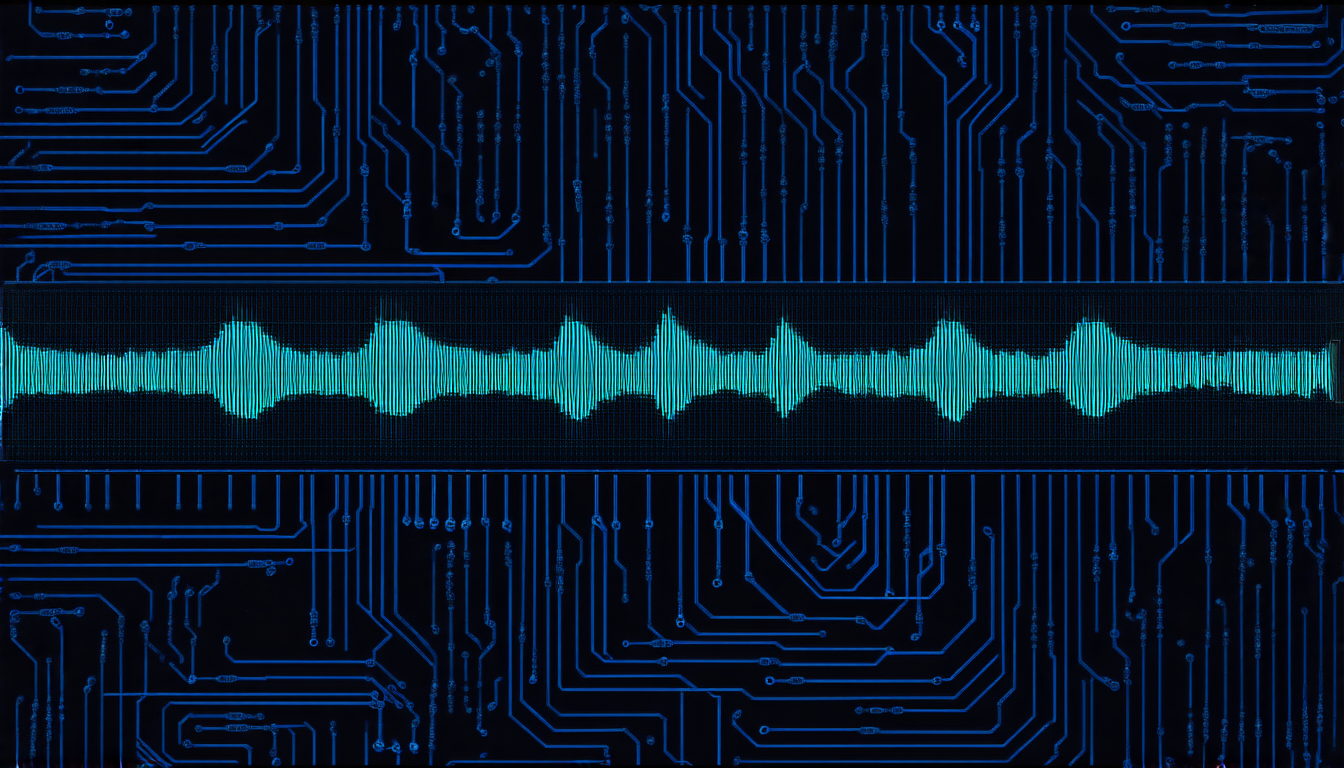Monday 08 September 2025
Scientists have made a surprising discovery about Josephson Traveling-Wave Parametric Amplifiers (JTWPAs), which are devices used in quantum computing and sensing applications. For years, researchers have been trying to suppress higher-order harmonics of the pump tone, which they thought were parasitic and detrimental to amplifier performance. However, a new study has shown that the third harmonic can actually enhance amplifier performance, improving both gain and bandwidth.
JTWPAs are devices that amplify weak microwave signals while preserving their quantum properties. They consist of a nonlinear transmission line composed of Josephson junctions, which interact with each other and generate an idler mode. The pump tone interacts with the signal as they propagate along the transmission line, enabling energy transfer from the pump to the signal.
Researchers used to think that higher-order harmonics were just noise, but it turns out that the third harmonic is actually a key player in amplifier performance. By analyzing the coupled-mode theory, scientists discovered that the third harmonic can enhance the gain and bandwidth of the amplifier by interacting with the pump tone and the idler mode.
The study used computer simulations to test different methods for solving the equations governing the behavior of JTWPAs. The results showed that the third harmonic can indeed improve amplifier performance, doubling the bandwidth and increasing the gain. This discovery has significant implications for the development of ultra-sensitive detectors and amplifiers in quantum computing and sensing applications.
In the past, researchers have used dispersion engineering techniques to suppress higher-order harmonics by placing unwanted frequencies within bandgaps or preventing them from occurring. However, this approach often came at the expense of impedance matching, leading to unwanted reflections. The new discovery suggests that instead of trying to eliminate the third harmonic, it might be more effective to harness its benefits.
The study’s findings have significant implications for the development of JTWPAs and their applications in quantum computing and sensing. By understanding how the third harmonic affects amplifier performance, scientists can design better amplifiers with improved gain and bandwidth. This could enable the development of more sensitive detectors and amplifiers, which are essential for advancing our understanding of the quantum world.
The discovery also highlights the importance of considering higher-order harmonics in the design and optimization of JTWPAs. By acknowledging their role in amplifier performance, researchers can develop new approaches to improve amplifier performance and push the boundaries of what is possible with these devices.
Cite this article: “Third Harmonic Surprise: How a Once-Considered Parasite Enhances Josephson Traveling-Wave Parametric Amplifier Performance”, The Science Archive, 2025.
Quantum Computing, Josephson Junctions, Parametric Amplifiers, Harmonics, Microwave Signals, Quantum Properties, Amplifier Performance, Bandwidth, Gain, Dispersion Engineering







